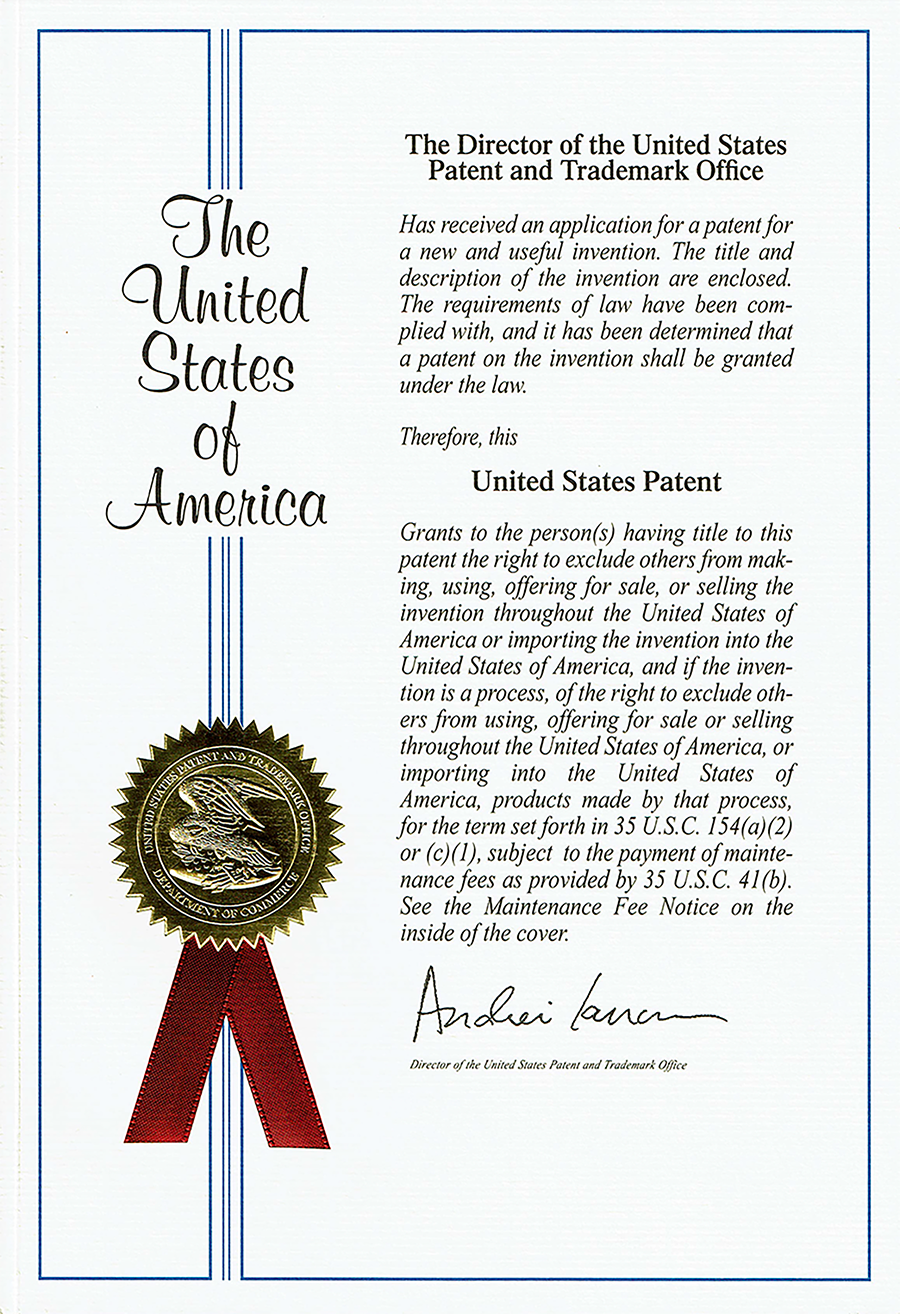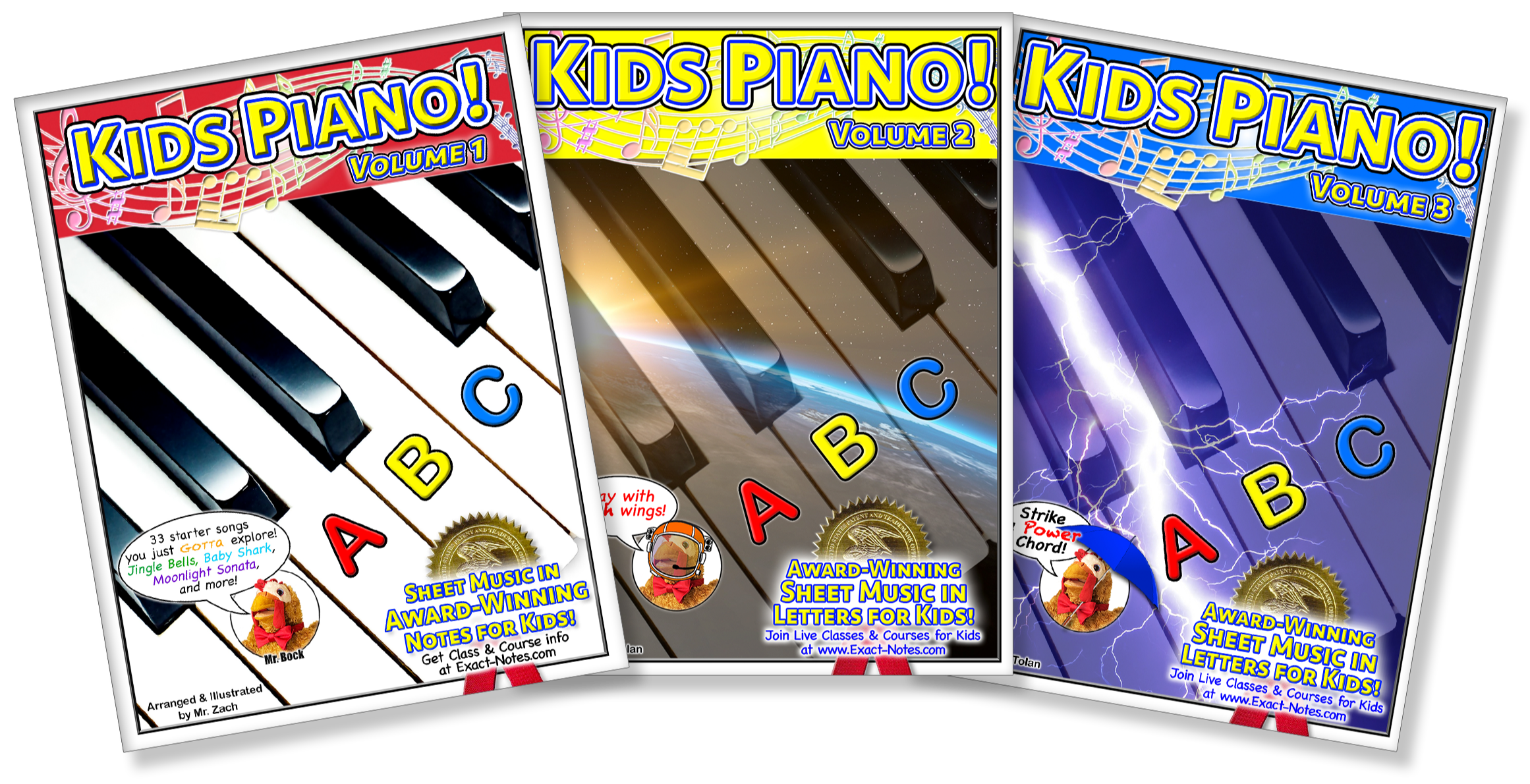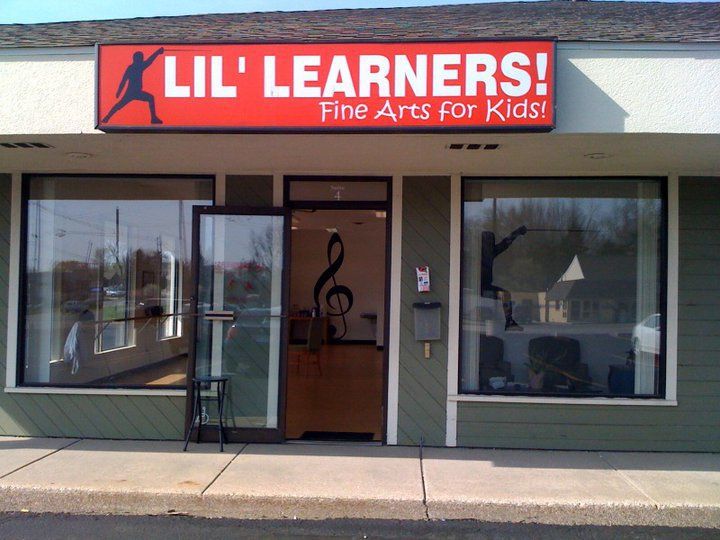About

Teacher Bio ⭐️
Hi, I’m Zach Tolan, or “Mr. Zach” to my students.
For 20+ years, I’ve been a full-time teacher of violin, viola, cello, guitar, ukulele, and piano. I earned a B.A. from Grand Valley State University and have studied music with world-class performers.
From 2009-2011 I opened and ran my own set of Fine Arts Centers for Kids in West Michigan. Later, I invented a music notation system for young beginners which was awarded a US Patent.
Since 2018, I’ve been designing online music courses used by students at Niles and Hamilton Community Schools, and now by students around the world.
In 2022, I published a set of piano books called Kids Piano, Volumes 1-3.
Currently, I’m making courses for the other instruments I teach, and am working on a new course featuring my research on the keyboard curriculum written by J.S. Bach which was the primary method studied by Beethoven as a child.

My Patent
Music Notation System for Kids

My Books
Kids Piano! Volumes 1-3

My Fine Arts Center for Kids
One of 3 locations in West Michigan
My Teaching Philosophy ⭐️
For me, music should be a fun, lifelong hobby more than a serious study - and that’s what I want for my students, too!
But for learning to be FUN, it has to be at the right level of challenge - if it’s too easy, it’s boring, and if it’s too hard, it’s demotivating. That's why I put a LOT of work into my programs.
It turns out that I love designing curriculum as much as teaching students, which is why the sequence of lessons I taught eventually turned into courses, which eventually turned into books. If you're considering whether you want your child to be part of my program, these are the 3 education philosophies I use that I want you to know about:
#1. Mastery Learning
Based on the work of Dr. Benjamin Bloom (University of Chicago)
I used to teach with a traditional class flow where we’d advance by learning new songs together each week (like how most of us were taught as kids). But over time, this tends to leave behind students who need more time and also holds back students who are ready to advance. The solution to this problem starts with Mastery Learning.
With Mastery Learning, a student only advances when they master the topic. If easy, they master it quickly; if hard, it takes longer. In this way, every student is always working at their ideal challenge level - never left behind, and never held back form their full potential.
It took a whole new course design to fix this problem, and depended on integrating the next two education models: Active Learning and Universal Design for Learning.
#2. Active Learning
The most common pitfall of both group classes and private lessons for beginners is that new students tend to rely on their teacher to "spoon feed" them information. In both cases, students default to being passive learners - unless opportunities to learn independently are regularly incorporated into their learning.
That’s why when I started recording lessons for my small group students to learn on their own, they started advancing faster than my private students. This is because when it became necessary to do some of their learning on their own, it required shifting from passive to active learning.
Some students resist this process because learning takes work, and for many of them, it’s the first time they've had to learn on their own. But active learning helps our brains get stronger just like a muscle, and once they shift from being passive to active learners, it’s one of the best things my students learn from my program.
#3. Universal Design for Learning
Based on the work of Dr. David Rose (Harvard University)
Universal Design for Learning is an education model designed to give students of all ages and abilities multiple formats to both learn and to demonstrate their learning. This includes high-achievers, students with special needs, and everyone in-between. This involves creating an education plan for your child from a mix of:
- Instrument choices (piano, guitar, ukulele, violin, viola, cello)
- Learning formats (live online classes, hybrid virtual courses, private lessons, etc.)
- Course options (my "Kids" courses, themed courses like Disney Favorites, Star Wars, Minecraft, Classical Masterworks, etc.)
- Notation options (reading standard notation, tablature, my patented Exact-Notes notation)
- Performance options (public recitals, sharing private recordings, live performances in our classes, etc.)
For families, that even includes options for your preferred commitment level, as in whether you start by joining a flexible month-to-month enrollment option or enrolling per semester in my Fall, Winter, and Summer sessions.
Informed by Neuroscience
See how neuropsychologist Dr. Ilana Levy-Paris compares the science of learning English to learning piano with Exact-Notes.
Approved by Parents
See how mother Shweta Padaki describes her 5-year-old's experience skyrocketing to intermediate piano with Exact-Notes.

Patent Award-Winning Music System
Exact-Notes music notation systems for stringed instruments and piano were awarded a U.S. Patent in 2018, granting exclusive use until 2038. That's why these unique programs only found here!
Program Updates 🎵
Hear about free starter events for kids, summer camps, and to be notified before program registration opens!
What People are Saying:










